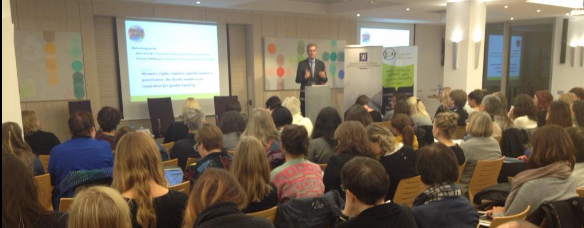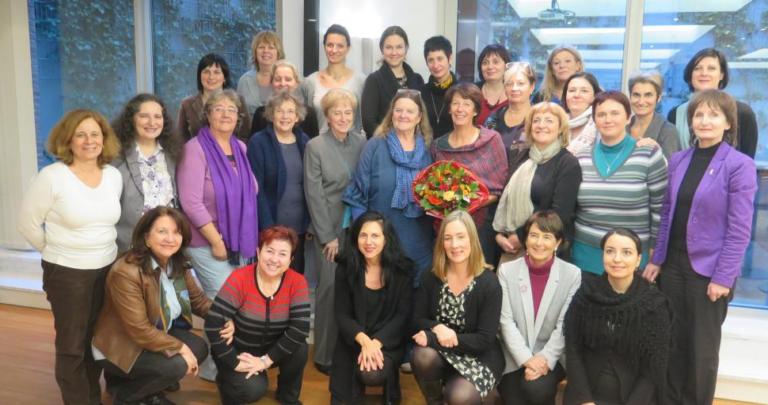(Press Release, Think Spain, 23 October) Spain has for the first time ever granted asylum to a woman who fell victim to human traffickers.
The Nigerian lady was brought over to Spain on a patera, or sailing boat loaded with African immigrants of the same type as those which recently capsized off the shores of the Italian island of Lampedusa.
She was forced into prostitution to pay a ‘debt’ of 20,000 euros she discovered she had incurred with the mafia-style racket which had forced her into travelling to Spain, covering the cost of the journey.
The woman, who is being referred to as ‘María’ even though this is not her real name, was about to give birth upon her arrival in Spain as a result of one of the numerous rapes she suffered en route.
She was subjected to repeated violence including beatings and rape during the two-year overland trip from her native Nigeria to the northern Moroccan coast, and then endured the hazardous crossing through the Strait of Gibraltar whilst heavily pregnant.
The woman had been captured in her native country and forced into prostitution en route to Spain and, as a result of this and being raped where she refused to comply, fell pregnant several times.
Each time she was forced into aborting the child, but the last time she became pregnant the mafia did not make her do so – although she continued to be raped and beaten.
As soon as she arrived in Spain, she and the other immigrants on board the boat were taken to a migration centre from which they would be eventually deported.
The woman received a call on the same day she got there, telling her she had a debt of 20,000 euros for the cost of her journey and would have to pay it off by prostituting herself again.
Maria confessed all to the Red Cross, who recommended she report her case to the police and apply for international protection.
As a result, the human-trafficking organisation which had held her captive for so long was broken up and its ringleaders arrested.
Since then, and whilst waiting for her asylum application to be considered, she has worked picking fruit and cleaning in order to feed herself and her daughter, now nearly three.
She has had to move house several times for safety reasons.
Rosa Flores, head of the trafficking victim unit at the Red Cross and manager of the Puente Genil (Córdoba) migration centre, says María is ‘a fighter’ and has shown that although it is ‘not easy’, it is indeed possible to ‘say no to exploitation’.
According to Flores: “Many women tell us similar stories, but they refuse to report the matter to the police because they are terrified that something might happen, for example, to a child they have had to leave behind in Nigeria – these rackets have contacts everywhere, more than you would think.”
For safety reasons, María has as little as possible to do with other Nigerians in the city where she lives – which has not been disclosed – just in case they have links to the mafia which forced her to travel to Spain.
Figures released by Eurostat show that Spain has the second-highest number of female victims of trafficking for sexual exploitation in Europe, after Italy.
In 2012 alone, police found 12,300 women in Spain who had been forced into prostitution, but believe that this is about a third of the real total – a figure they estimate at around 37,000.


